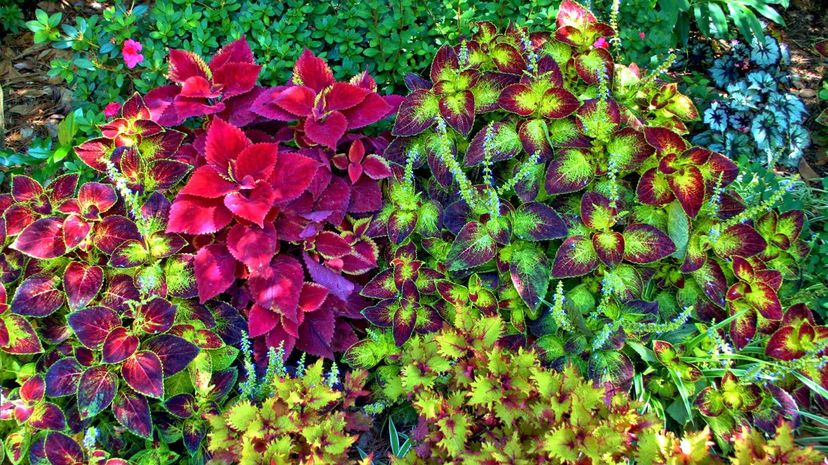
About This Quiz
Whether you're the type who always has good intentions about creating a garden every year or you are a master gardener (nearly farming level), you know that there is a lot of work, time and care that goes into designing, creating and keeping up with your plants. Would you like to plant flowers, herbs or vegetables? How about all three? And while you're at it, add some fruits in there. Once you know what you want in your space, you're going to have to start identifying the plants that you are going to grow.Â
If you think you know a thing or two about where your food comes from and what it looks like before it is processed (shelled, picked, cleaned, etc.), this quiz is right up your alley. We'll be asking you questions about the plants that most gardeners tend to as well as what they look like when they are in the ground or after they are harvested. Do you think you're up for the challenge? If so, take this quiz to see just how many of these common plants you can identify. Only master gardeners with the greenest of thumbs can name more than 30. Are you at that level yet?
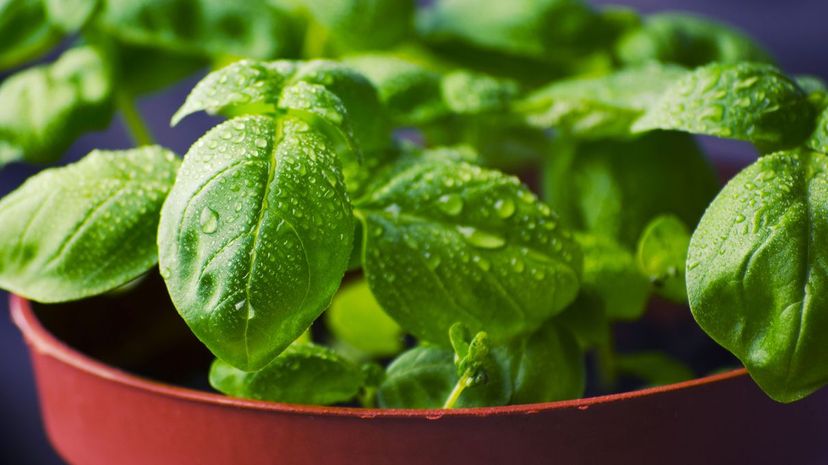
If it's in the right conditions, basil will grow like a weed. It is one of the most versatile herbs in your garden as it has a bright flavor, but not an overpowering one. It pairs well with tomatoes and most cheeses.
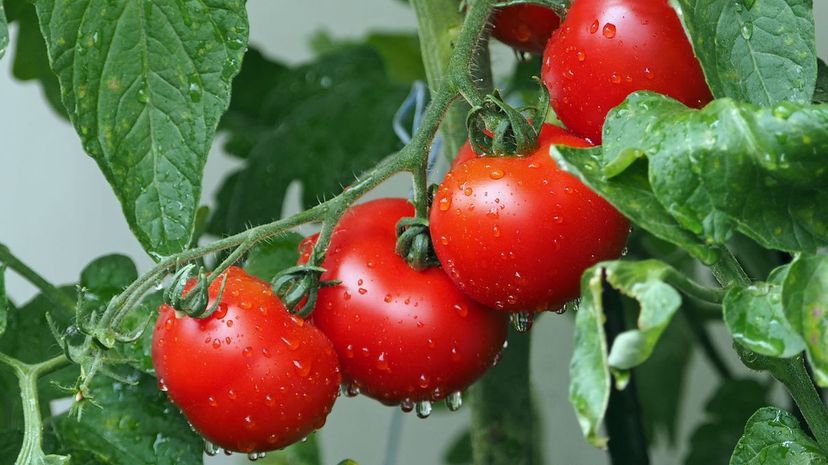
Tomatoes can withstand quite a lot, so most newer gardeners will attempt to grow them. Not only are they a great plant to teach you about vines and stacking, but they are also very delicious and go in just about everything from salads to sauces.
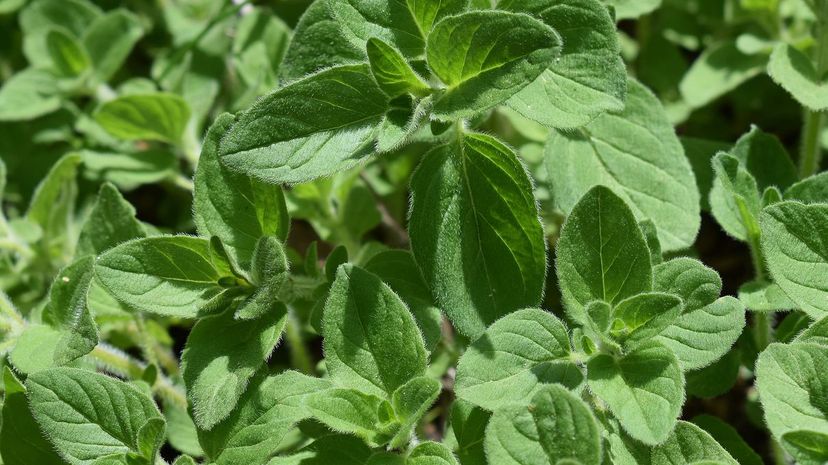
If you grow oregano in your garden, you might be looking for various ways to use it. Drying it and sprinkling it on your homemade pizza is a good start. Oregano has a strong flavor (especially after it's dried), so be careful not to over pour.
Advertisement
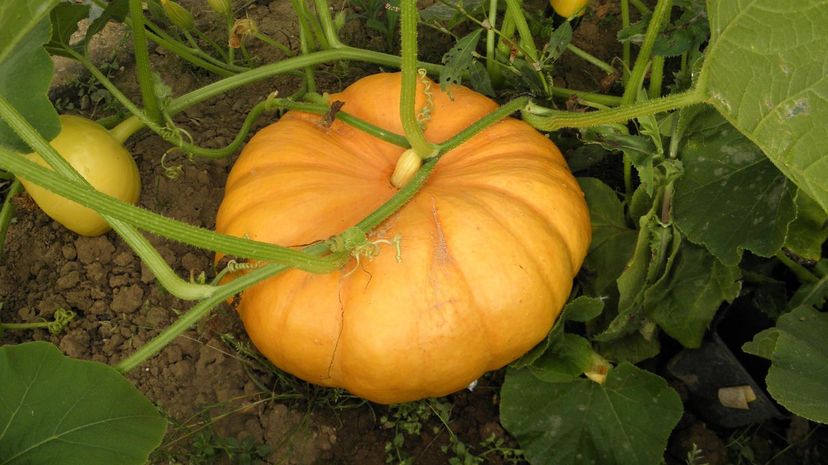
The great thing about pumpkins is that they can grow until they are harvested (or the weather freezes over). However, in order to avoid the need to harvest early, you have to make sure the vine of the pumpkin doesn't snap.
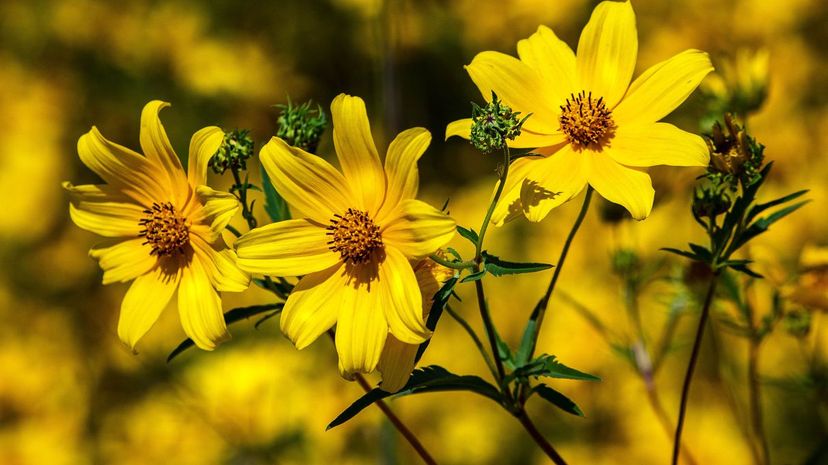
Tickseed, also known as coreopsis, is an easy flower to grow and an easier flower to keep alive. The only things they need are full sun and soil that is drained well. These strong plants make for great summer flowers for any gardener.
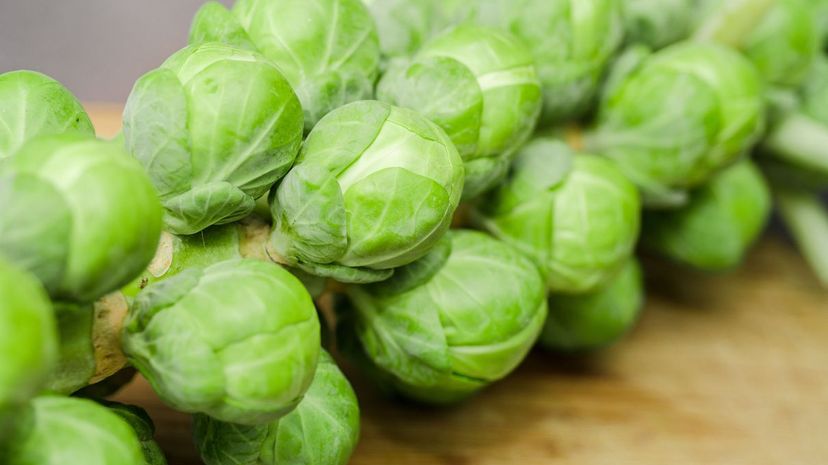
When it comes to growing Brussels sprouts, you may be surprised at the giant leafy plants that come up. You can find the edible sprouts on the stem of the plant in little balls. It's an interesting plant to grow for any garden.
Advertisement
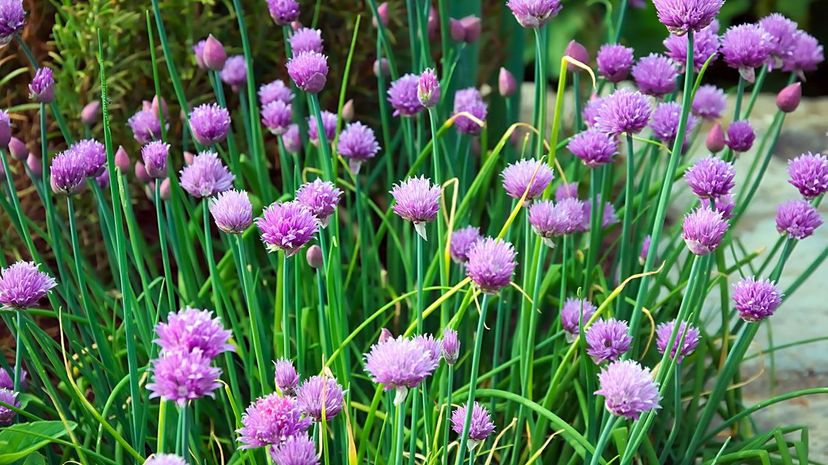
Chives make great toppers for nearly any meal or side dish. They are the perfect herb to grow for people who are looking to add a little bit of natural flavors to their foods on a daily basis.
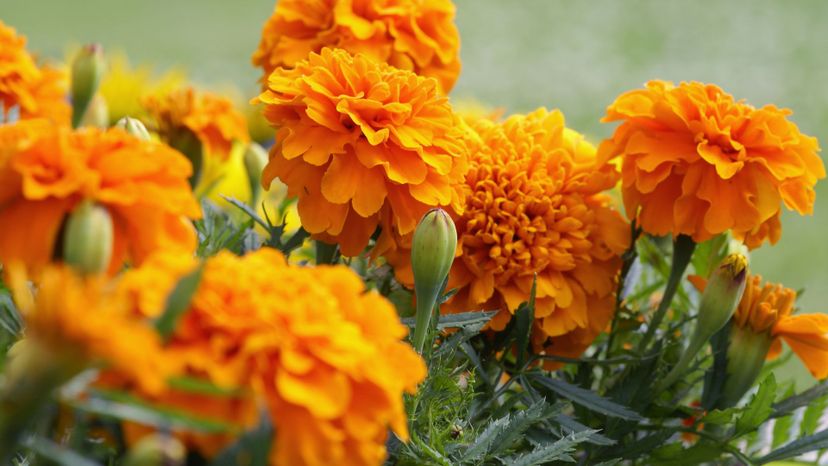
Marigolds are bright in color and bloom all summer. This makes them a great plant to have in any flower garden. They are pretty versatile, but they do require full sun and drained soil to grow properly.
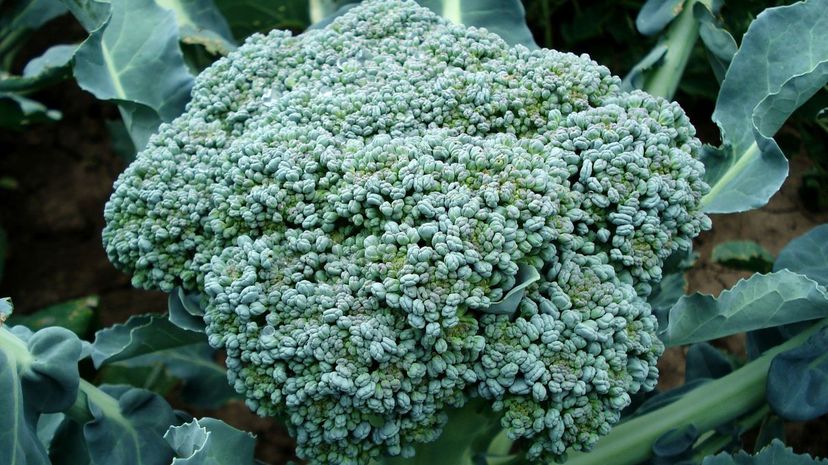
A little known fact about broccoli is that it is susceptible to cabbage worm, so it's important to watch out for the little critters getting into your garden. A single serving of broccoli contains 130% of your daily vitamin C.
Advertisement
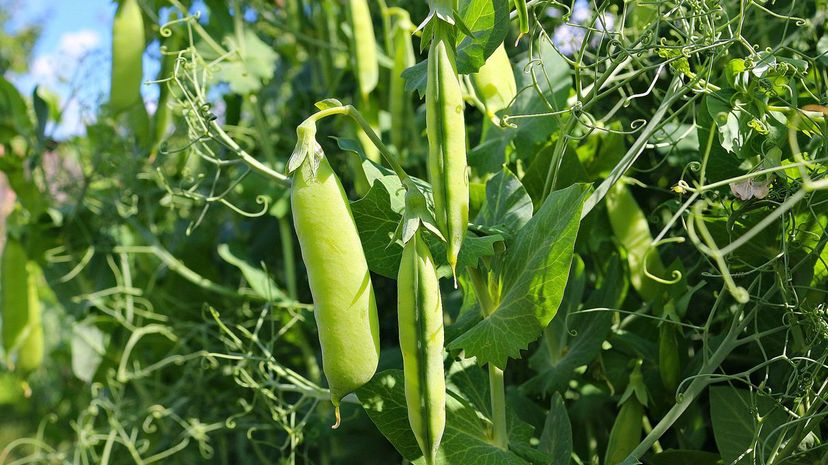
Peas are delicious when they come directly from your garden. Most peas have gotten a bad name, because when they are overcooked they have a grainy texture that is hard to swallow, and anyone who has had canned peas knows that they are overcooked.
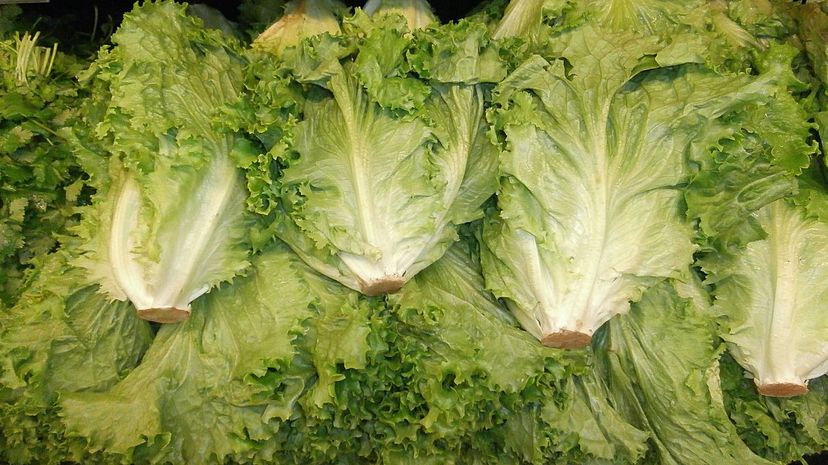
Romaine lettuce is a hearty lettuce that can withstand a lot of different preparations. It can be made into lettuce wraps or salads, but it can also be cooked, much like cabbage. It grows tall and thinner than most other lettuce species.
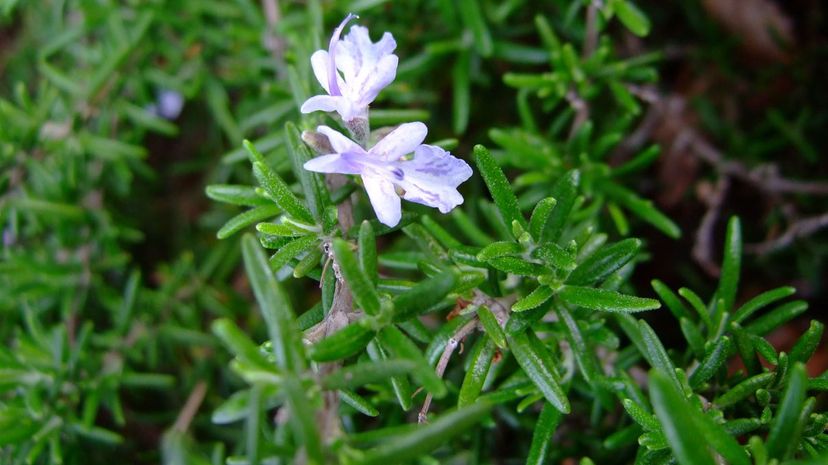
If you have the right conditions, rosemary will grow very much like a bush in your garden. It can withstand quite a lot, and even grow in desert landscapes, as long as you water it properly.
Advertisement
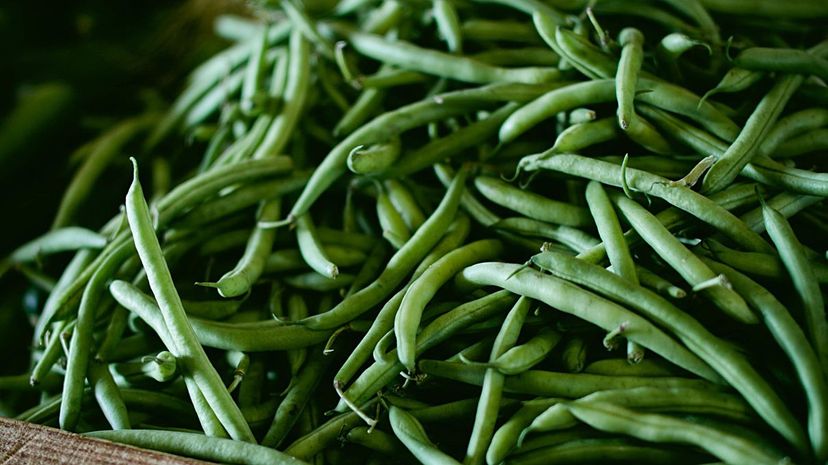
Green beans are a little waxy, making them perfect for various growing conditions. When you grow beans, be sure to plant them at least four inches apart and at least 12 inches deep. to ensure they grow properly.
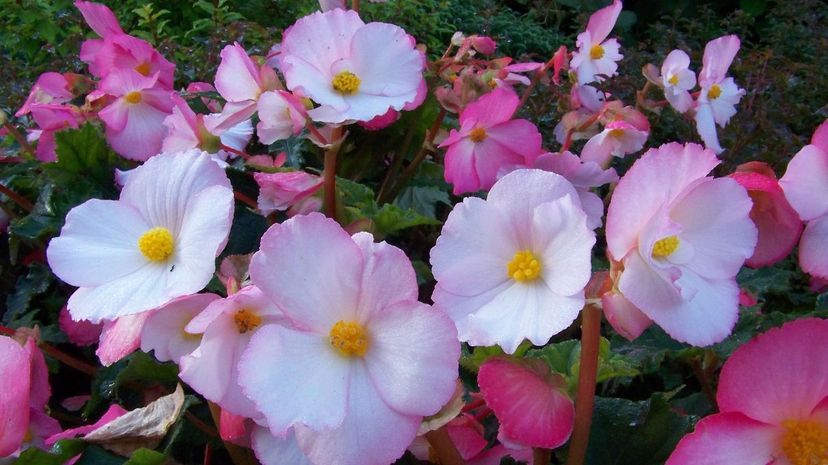
Because there are many different colors of begonia, gardeners love to add them to their flowerbeds. These plants have interesting petal designs and boast unique patterns and thick green leaves. Some varieties are even tuberous, and thus perennial!
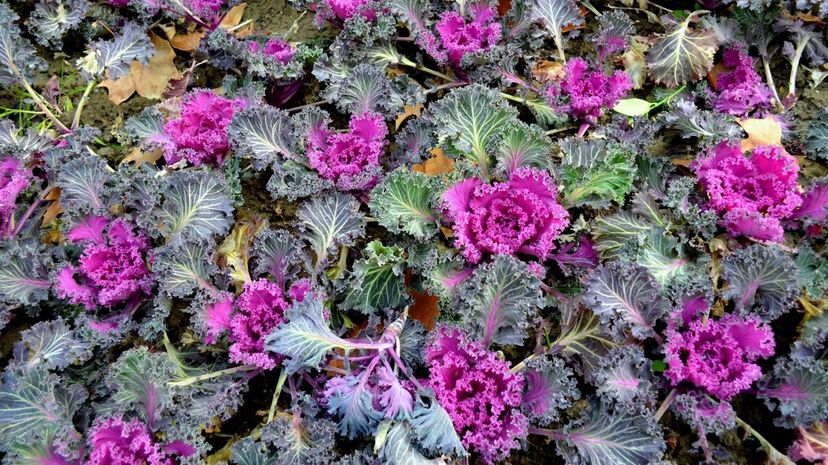
Despite its name, flowering kale is not edible (well, it tastes pretty bad). However, many flower gardeners like it because its leaves are thick and durable and it does well in cooler climates.
Advertisement
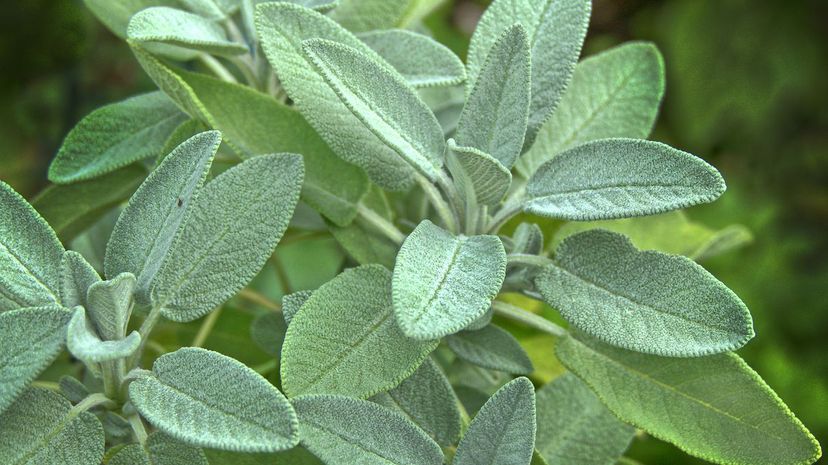
Sage does really well with salty meats and root vegetables. Because it is a potent herb, it should always be paired with something that has a bold flavor or something that is completely bland. Be sure not to overuse it.
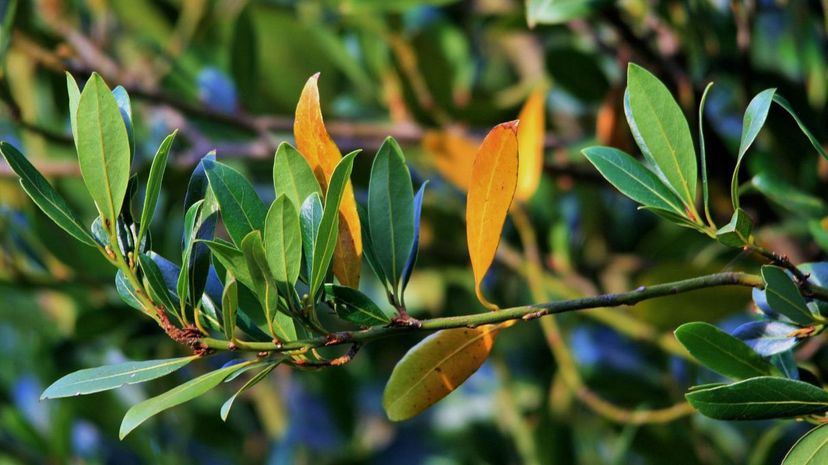
Though you can use nearly any kind of herb in your soups and stews, it is always recommended to use a bay leaf (dried). These leaves are strong and you shouldn't eat them as-is, but when you steep them in your food, it changes the flavor completely.
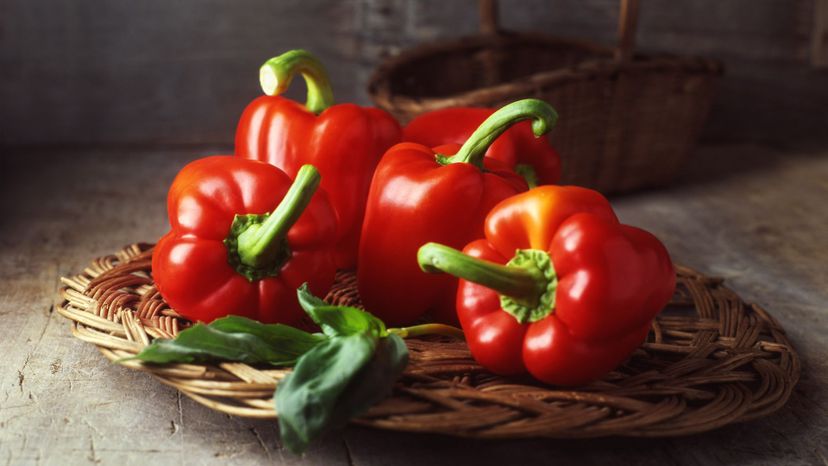
Red bell peppers can be eaten raw, used as flavorful ingredients or be roasted and stuffed. Because they make for such a versatile ingredient, they are a common plant to see in most gardens.
Advertisement
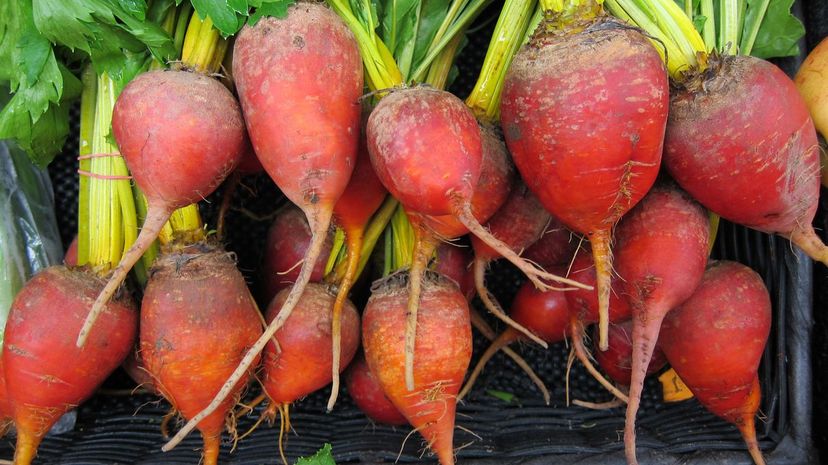
Beets have a very earthy flavor (yes, they taste like dirt), and if you aren't careful you will have to deal with that flavor taking over the rest of your meal. They can be eaten raw or roasted, and some people even put them in their smoothies.
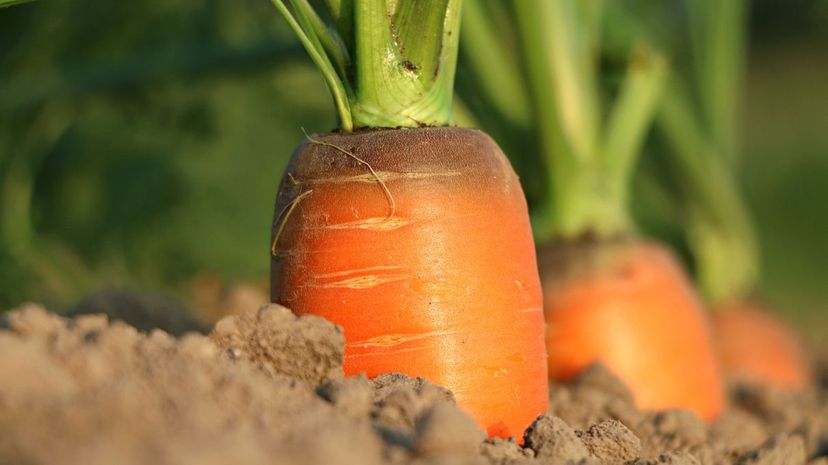
Carrots are extremely high in fiber, but they also contain potassium, niacin, manganese and various other vitamins and minerals that the body needs. Be careful, though, because they can be a little high in sugar.
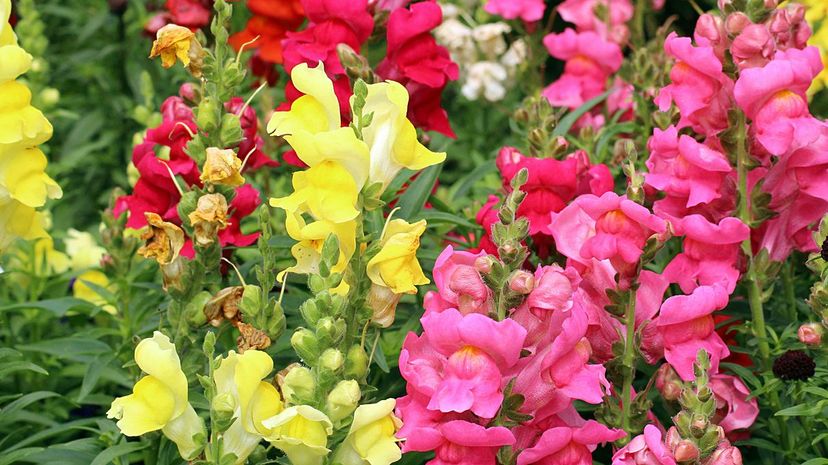
Snapdragons grow with clustering flowers. They are called snapdragons because before they bloom completely, you can pinch them and the sides will move something like a dragon's mouth.
Advertisement
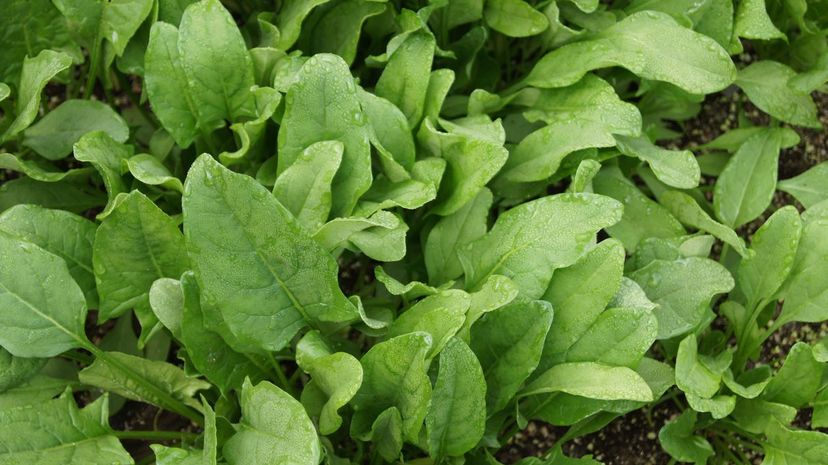
Growing spinach isn't necessarily difficult, it is keeping it from wilting on the vine that you have to be aware of. Additionally, there are a lot of bugs that like to get into spinach leaves, so soaking your spinach before cooking is always recommended.
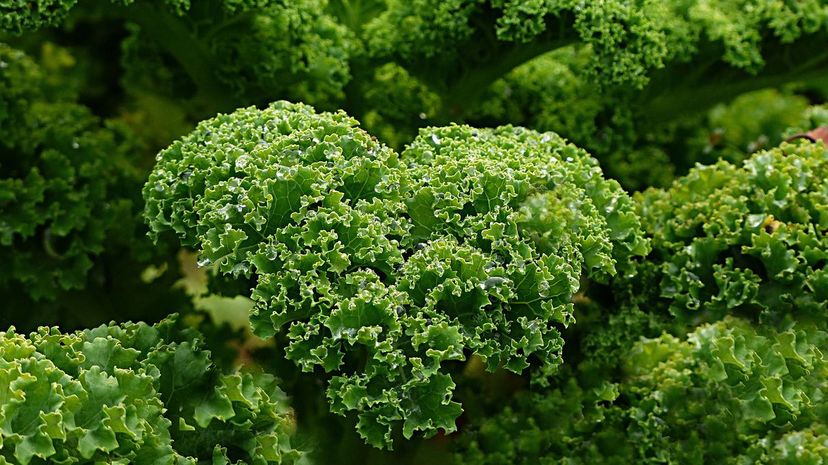
You might say to yourself "back in my day, kale was a garnish," but these days, people put it into their smoothies, eat it like a salad and take it down as a replacement for bread. One of kale's major bonuses is the fact that it stands up when it's cooked in soup.
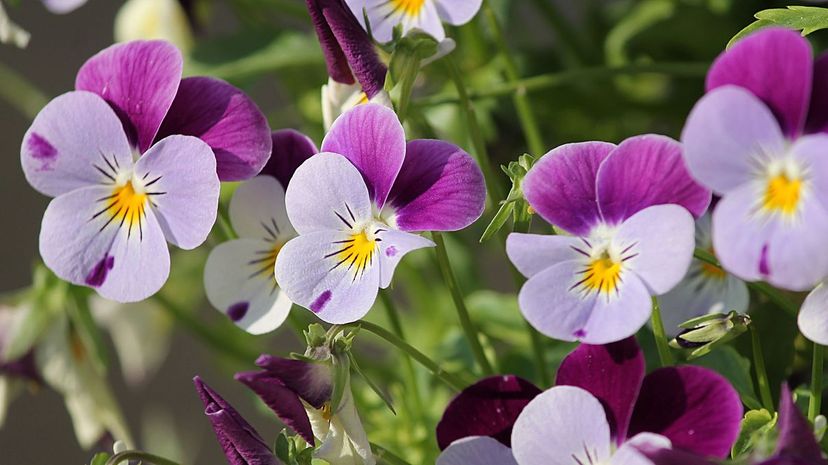
At first look, a pansy seems to have a little runway for bees to find. They are an awesome flower for any garden as they require moist soil and full sun ... and bees absolutely love to land on them.
Advertisement
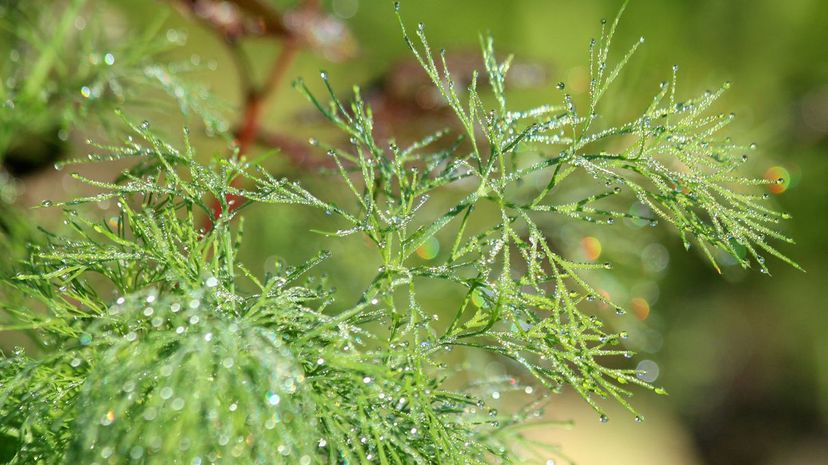
Dill has an almost sweet flavor that is very distinct. It pairs nicely with chicken and poultry, but for the most part you can find it in creamy dips. Dill does very well when it is fresh or dried.
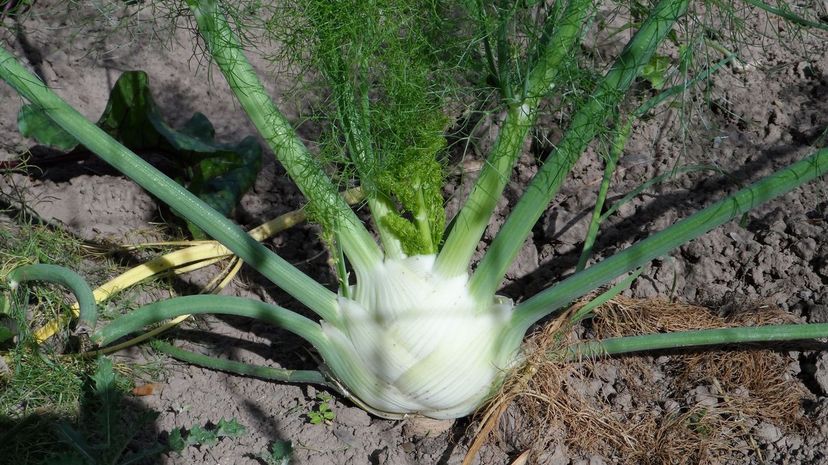
Fennel is one of those ingredients that you see on cooking shows, but you never really take advantage of. However, it is becoming a more and more common addition to herb and vegetable gardens, because it is so versatile.
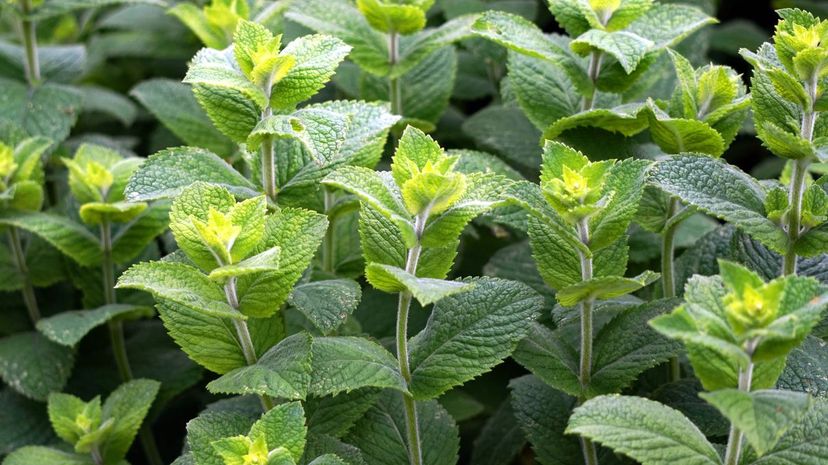
Mint is a common herb that is used in sweeter dishes, but it can also be used in savory dishes. It is incredibly aromatic. Its leaves are almost "hairy," giving it an interesting texture.
Advertisement
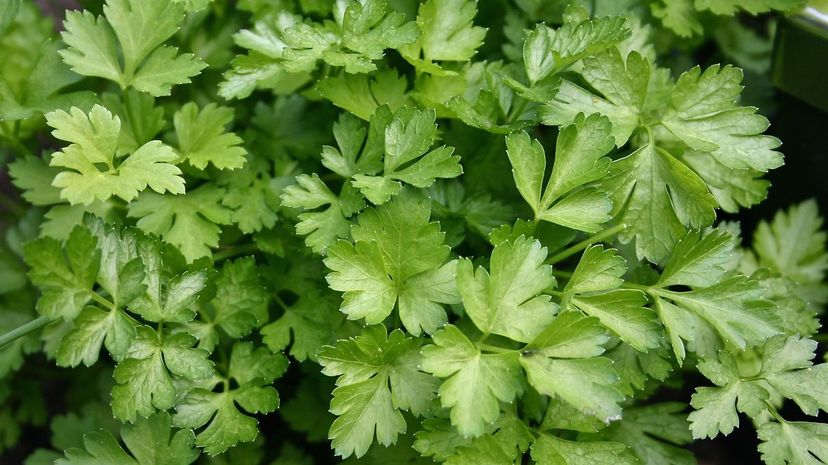
Parsley isn't just for Italian foods. When you sprinkle fresh parsley on nearly any savory dish, you will get a burst of freshness in every bite. It doesn't have an overwhelming flavor, but it brings out the flavors in a lot of dishes.
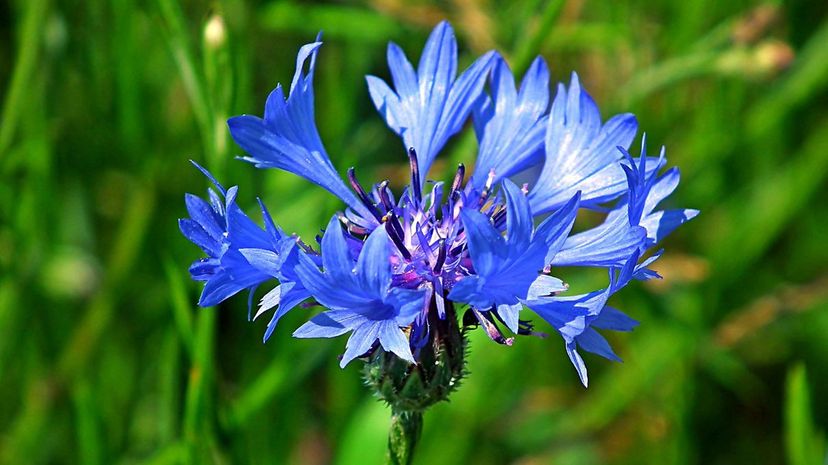
Cornflowers can grow up to three feet high. They are fragrant flowers that a lot of gardeners choose if they are looking for a more "wildflower" garden. They do require full sun, so if you are looking to plant them, be sure you have enough space for them.
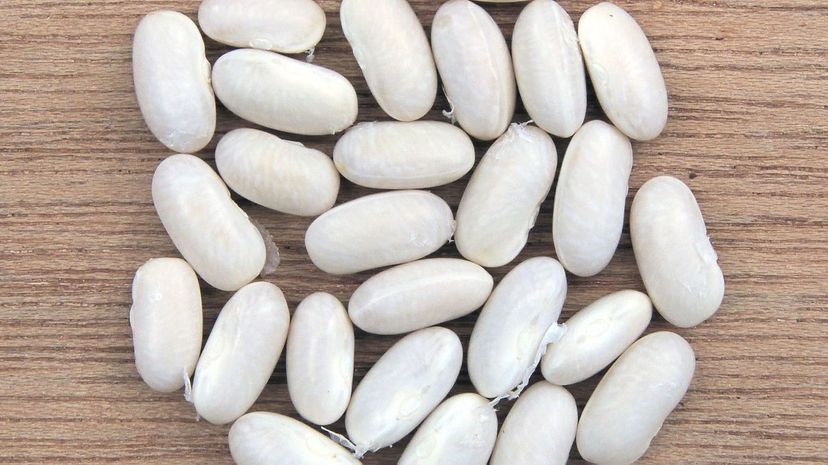
Navy beans aren't everyone's favorite, but they are a favorite to gardeners across the country, because they hold up well in various weather conditions. Additionally, they dry nicely and have a long shelf life.
Advertisement
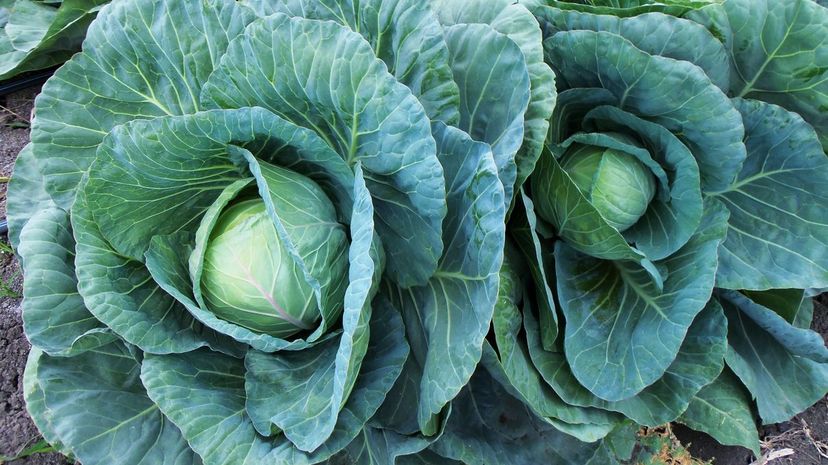
Cabbage can be eaten raw or cooked. It has a thick texture that gives it versatility in the kitchen. Many people of Eastern European descent will make variations of stuffed cabbage, because the vegetable can hold up to high heats and slow cooking.
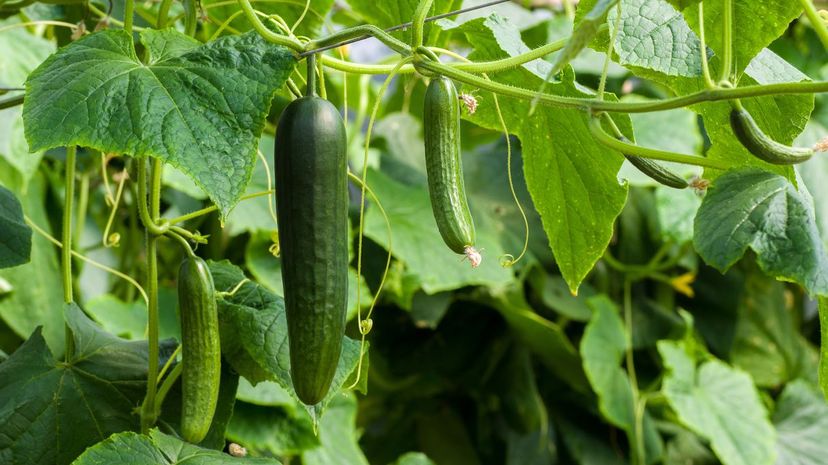
Cucumbers have a thick skin that can get a little waxy. However, you can either eat the skin or peel it off (whatever you desire). Cucumbers are an excellent way to help you stay hydrated if you live in hot climates.
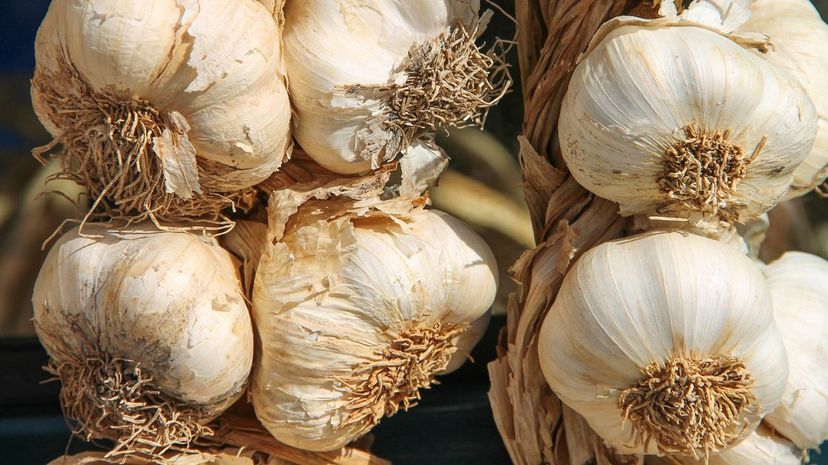
Garlic can be put on pretty much anything and it'll make it taste better. Though garlic is good for you, some people might overdo it a little and end up smelling like the very thing they just ate.
Advertisement
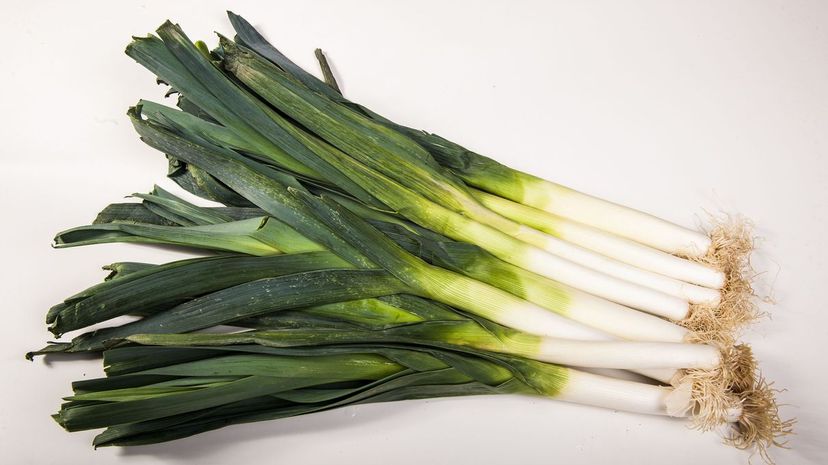
Leeks have an incredibly mild flavor and they don't overpower your garden. They are great in soup, and have a lot of versatility in the kitchen. Many gardeners like to plant leeks, because there is usually a good yield.
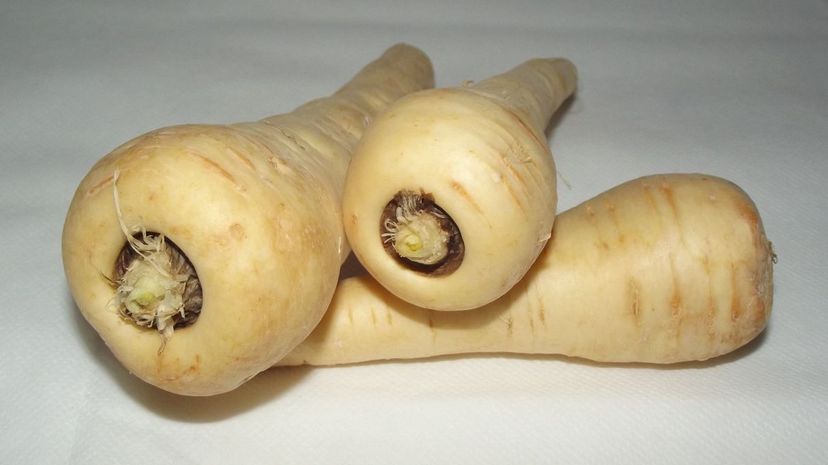
What happens when you marry a potato and a carrot? Alright, the two vegetables didn't get married, but when you look at a parsnip, you'll probably see that it looks like a carrot, but when you taste it, you'll realize it tastes like a potato.
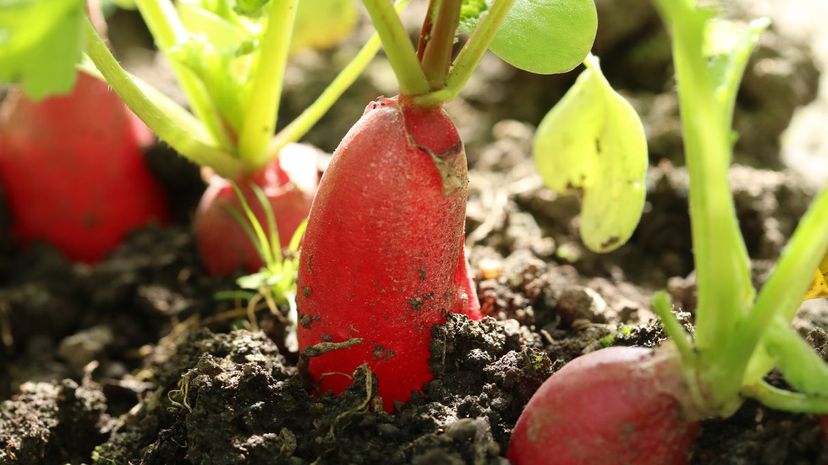
Radish pretty much tastes like peppery dirt. While this might sound disgusting, when a radish is paired with the right ingredients you get a symphony of flavor in your mouth with every bite.
Advertisement
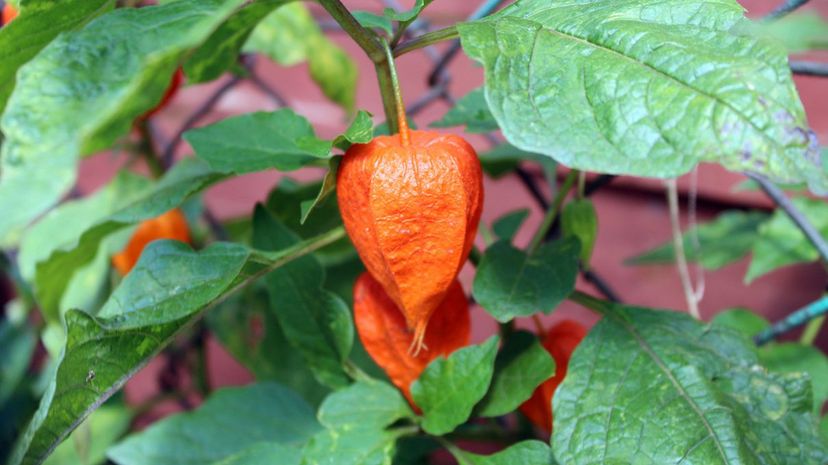
Once you peel the husk back on a tomatillo, you will notice that it has a sticky coating. It isn't dangerous, but it is recommended that you rinse it off. Tomatillos taste like a lime and a tomato had a baby, making them excellent for Mexican dishes.
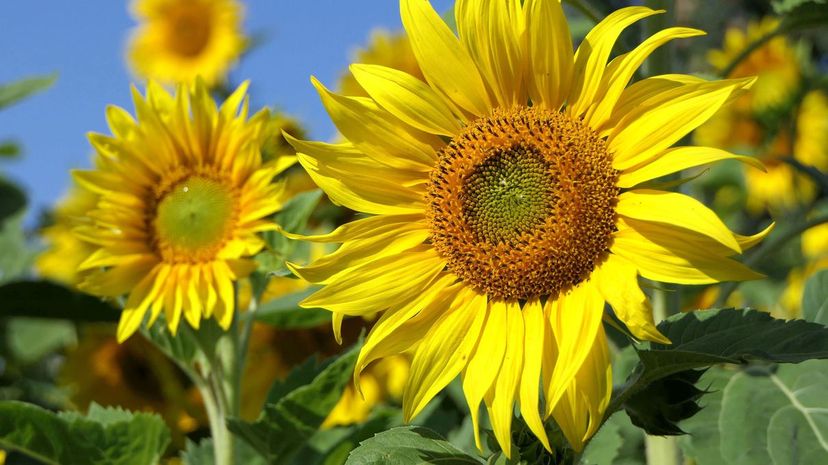
It isn't a myth, sunflowers can grow from two to 12 feet high. They are strong plants, but when you first see a sprout, you may have to give it a little bit of help by tying it to a stick, because if they grow too fast, their stems can break.
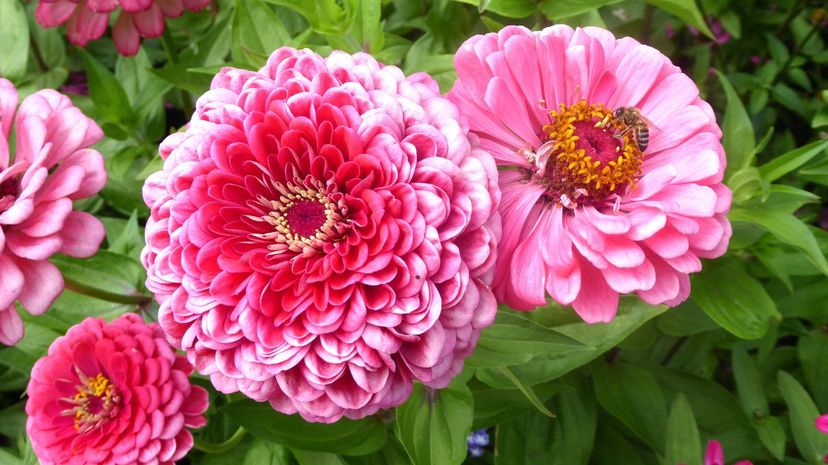
If you are looking to fill your garden with color and beauty, you should choose a variety of zinnia. They come in every color a flower can come in (except blue). They closely resemble daisies.
Advertisement
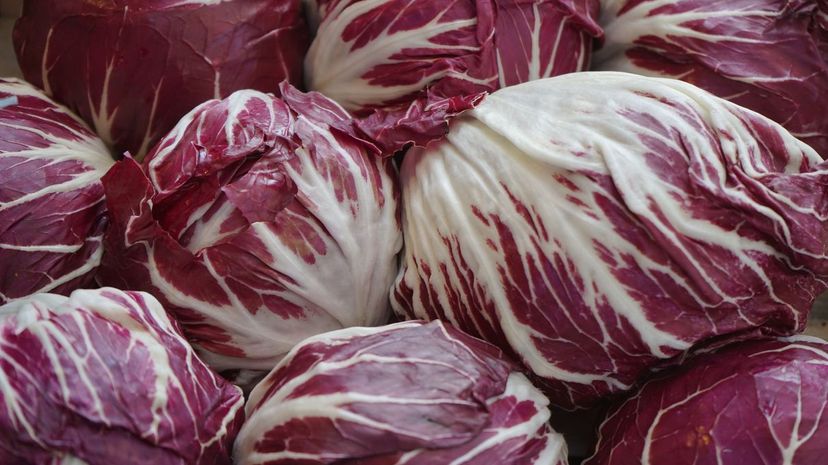
Radicchio is a salad plant. It has red leaves and is easy to spot. When it comes to growing, it does well in the cooler months, but it does take around five months to become fully mature, so plant it in the middle of the summer.